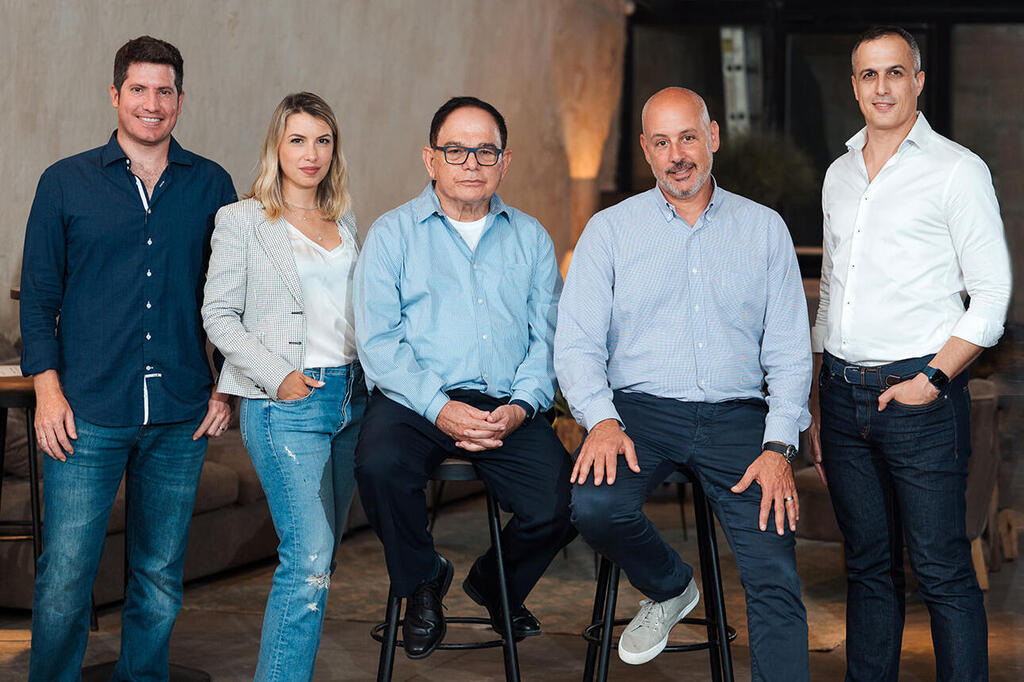
Red Dot Capital Partners completes first close of $250 million early growth fund
The fund leads investments in Israeli companies that show first signs of product market fit and have reached revenues of $1-5 million, usually in A-C rounds
Red Dot Capital Partners, an Israel-based early-growth venture capital fund, completed the first closing of its third fund. The fund has investor commitments for over $200 million, and it is already evaluating its first investments. The fund leads investments in companies that show first signs of product market fit and have reached revenues of $1-5 million, usually in A-C rounds. The fund invests across Israeli tech industry sectors, including enterprise software, fintech and cybersecurity.
Fund partners are co-founders Yoram Oron and Yaniv Stern, Barak Salomon, Atad Peled and Danielle Ardon Baratz. Investors hail from Southeast Asia and Japan, Europe and the USA.
Red Dot's first fund, launched in 2016 with $151 million, ranked globally in the top 5% of funds for its vintage according to PitchBook and Cambridge Associates. The second fund launched in 2020 with $217 million dollars and has already yielded returns. In addition to the flagship funds, Red Dot manages a $76 million Follow-on/opportunity Fund, launched in 2022 for follow-on investments in its portfolio companies.
Among the fund’s notable investments are Global-e, which went public in 2021 and currently trades at a $6.5 billion market cap, Armis which was purchased by Insight Partners and G-Capital for approximately $1.1 billion, Granulate which was acquired by Intel for $650 million, Coralogix, Travelier, Quantum Machines, Paragon, Trigo, Ctera, EverC, and Supplant.
"We completed an initial closing of over $200 million, with the fund's goal set at $250 million,” Yaniv Stern told Calcalist. “We are an early growth fund that typically enters stages when companies have $1-5 million ARR, in the late A to early C stages, and in rounds ranging from $20-40 million. From our perspective, a company should have a substantial presence in Israel, such as a development center. The mere fact that there are two Israeli entrepreneurs in Silicon Valley does not qualify the company as Israeli in our view.”
Stern does not rule out raising money from local institutional bodies and considers it crucial for the local market. "In our previous funds, we never raised money from Israel because we focused on foreign investors, and the added value they provide outside of Israel was very important to us. We are in discussions with institutional investors from Israel, and we would be very pleased if they decide to join. The government's initiative in this process is of great interest to us, and any funds entering the industry are significant."













